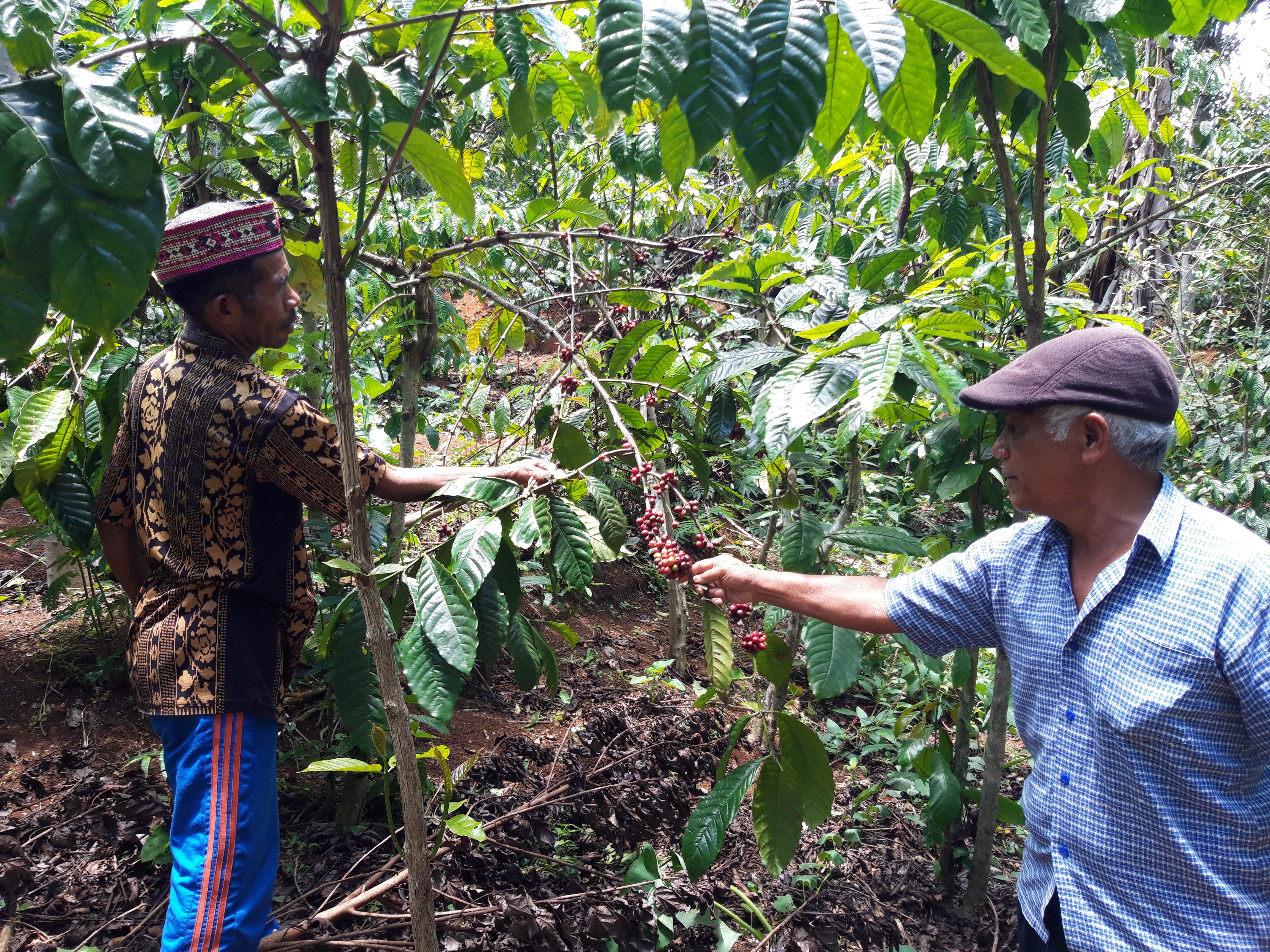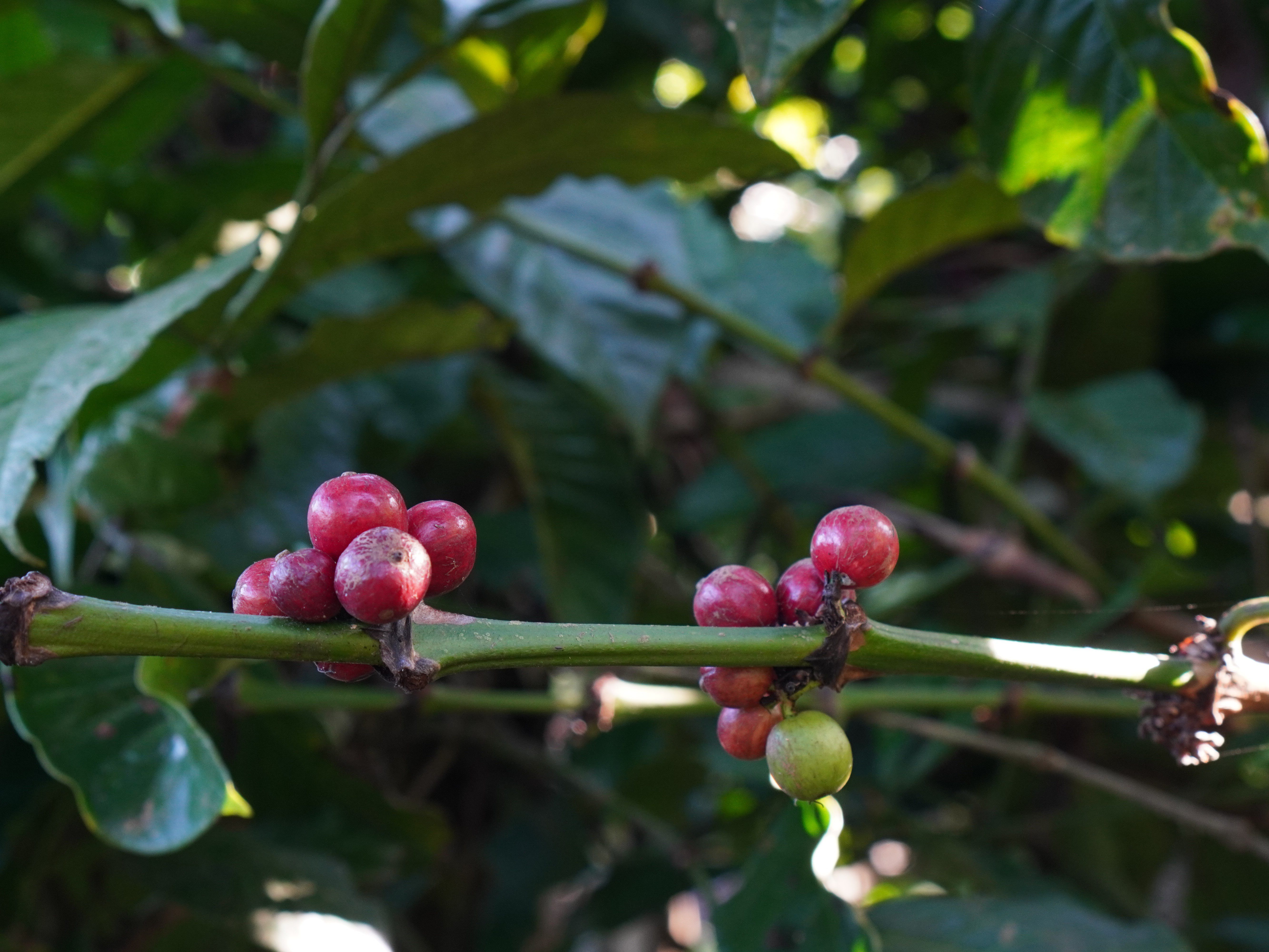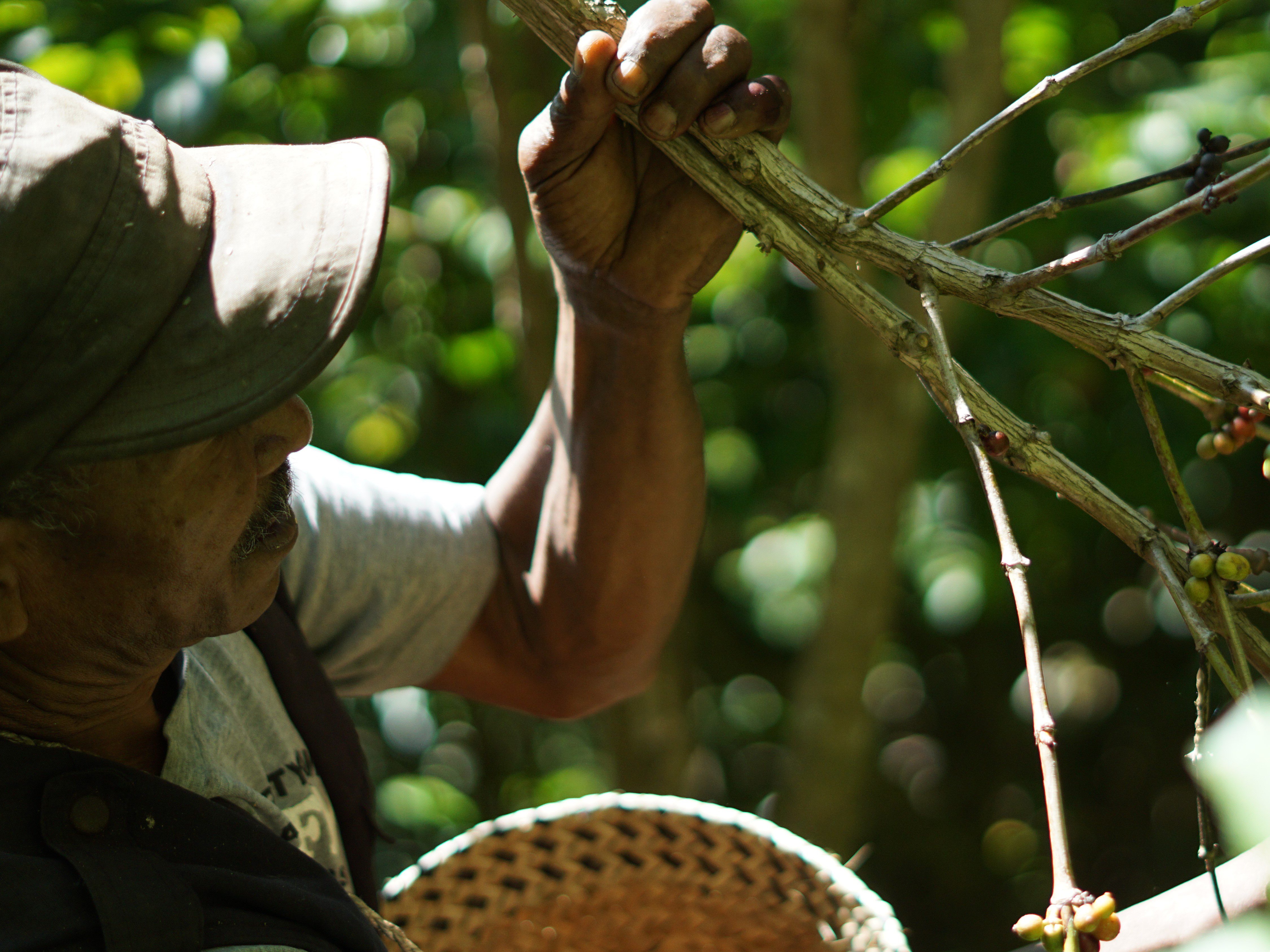Manggarai Robusta Wine won the competition at Jakarta Coffee Week.

-
Date:
13 Jan 2023 -
Author:
KEHATI
Flores, East Nusa Tenggara, is the origin of the famous Manggarai Robusta coffee. As shown by the test results, Flores Manggarai robusta coffee has a high average value, qualifying it for the fine robusta category—a designation for coffee products of outstanding or premium quality. This product has won the Robusta Wine category of the 2022 Jakarta Coffee Week Festival Competition held at City Hall Pondok Indah Mall 3 from November 11–13, 2022.
One of the measures to assist the sustainable farming of Manggarai coffee is to take part in the event. Under the theme of “Brewing for Sustainable Future,” 98 of the most prominent coffee and tea businesses took part in the event.

There were 124 booths available at the festival for one-stop shopping. Two coupons, one each for Arabica and Robusta, were distributed to the visitors. They were asked to taste the participants’ coffee and then rate it on their personal preference.
Both the Arabica and Robusta varieties of Flores Manggarai coffee are well known for their distinctive flavor. Flores coffee products have won the festival in the past as well. On September 30 2021, Robusta Flores Manggarai won first place in the Indonesian Robusta Specialty Coffee Contest, and Arabica Flores Manggarai got first place in the Indonesian Arabica Specialty Coffee Contest, according to information from KataData.
At the Salon Internacional de I’Alimentation (SIAL) Exposition in Paris, France in 2018, Robusta Flores Manggarai coffee won the Gold Gourmet medal in the worldwide competition. The Bronze Gourmet prize went to Arabica Flores Manggarai.
Certified for Exceptional Quality
Manggarai Robusta Coffee is a flavor from East Nusa Tenggara, where locals have made serving coffee a ritual. People are passionate about joining Geographical Indication Protection Society (GIPS), a forum for stakeholders to attain high-quality products, in order to gain credibility in both the domestic and international commercial arena.
According to Golomory from GIPS, the community’s enthusiasm for joining GIPS was motivated by a desire to be recognized both nationally and internationally for the distinctiveness of their coffee products.
“Aside from branding, the significance of GIPS is the acknowledgment that in this region there really is coffee with all its unique characteristics so that visitors from any places don’t hesitate to come,” he continued.
Furthermore, Golomory expects that the accomplishments would be beneficial to the economy. Consumers purchase Robusta Manggarai coffee because they are aware of its availability and high quality.
The Robusta Wine category winner, Lorens, a coffee farmer, claimed that this was his first time attending the festival despite having only been a member of GIPS for a year. According to Lorens, GIPS and the KEHATI support, from cultivation practices to post-harvest management, led to the success for Manggarai Robusta coffee.
From the west to the east of Flores, more than 72,000 hectares of land are planted with Robusta and Arabica. Yet Flores also has coffee that is of middling quality in addition to the best. The coffee is shipped to Java in big quantities to be sold, according to Golomory. He hopes that the grade two coffee can be improved to grade one so that the selling price would increase. He realized that winning the coffee contest might inspire farmers to plant grade one coffee.
Environmental Sustainability
Puji Sumedi, manager of the KEHATI Agricultural Ecosystem Program, responded to the festival’s accomplishments by saying that winning is not the point. KEHATI focuses on initiatives to support the development of better upstream-downstream coffee governance. It is intended that the commitment to maintaining the forest and the environment will be combined with the distinctiveness and superiority of flavor.
“Our partners took up the festival’s robusta taste award. Yet helping the Manggarai Coffee GIPS over the past three years has not been KEHATI’s main objective”, Puji Sumedi stated.

Golomory responded by stating that in order to preserve the distinctive flavor of Flores coffee, environmental preservation is still a top priority for the Geographical Indication Protection Society (GIPS) of Flores Manggarai Robusta Coffee (FMRC). They believe that disregarding natural elements and environmental sustainability should not degrade the taste that has been acknowledged by the international community.
As a sign of this dedication, GIPS- FMRC actively seeks out local entrepreneurs, producers, farmers, and processors of coffee. A total of 1,402 farmers have joined GIPS-KRFM since it was founded in 2015. With the intention of maintaining and defending the preservation of nature, local knowledge, and the caliber of Flores Manggarai robusta coffee, they are separated into 45 groups in three districts.
Puji Sumedi also mentioned how the KEHATI Foundation and other partners had enhanced the GIPS- FMRC in order to promote sustainable coffee governance, from post-harvest involvement of women and young people to cultivation skills.
Geographical Indication Protection
Geographical Indications (GI), as defined by Law Number 20 of 2016, are signs that point to the place of origin of a good that has a particular reputation for quality and features based on the distinctiveness of the local environment, including both natural and human elements.
A product may have a high economic significance if it has favorable reputation, quality, and other attributes. In Indonesia, the products include handicrafts, industrial goods, and natural resources that are solely owned by one region and not by any other regions.
Geographical Indications are crucial to maintain because they are part of intellectual property rights, according to Winda Risna Yessiningrum, whose journal was published in the IUS Journal of Law and Justice Studies, Volume 10 Number 2 of 2022, at the University of Mataram.
The certification process is carried out to protect geographical indications. The certificate enhances consumer acceptance among manufacturers, ensures the validity of the product’s origin, and offers legal protection for the geographic name of origin of the product.
